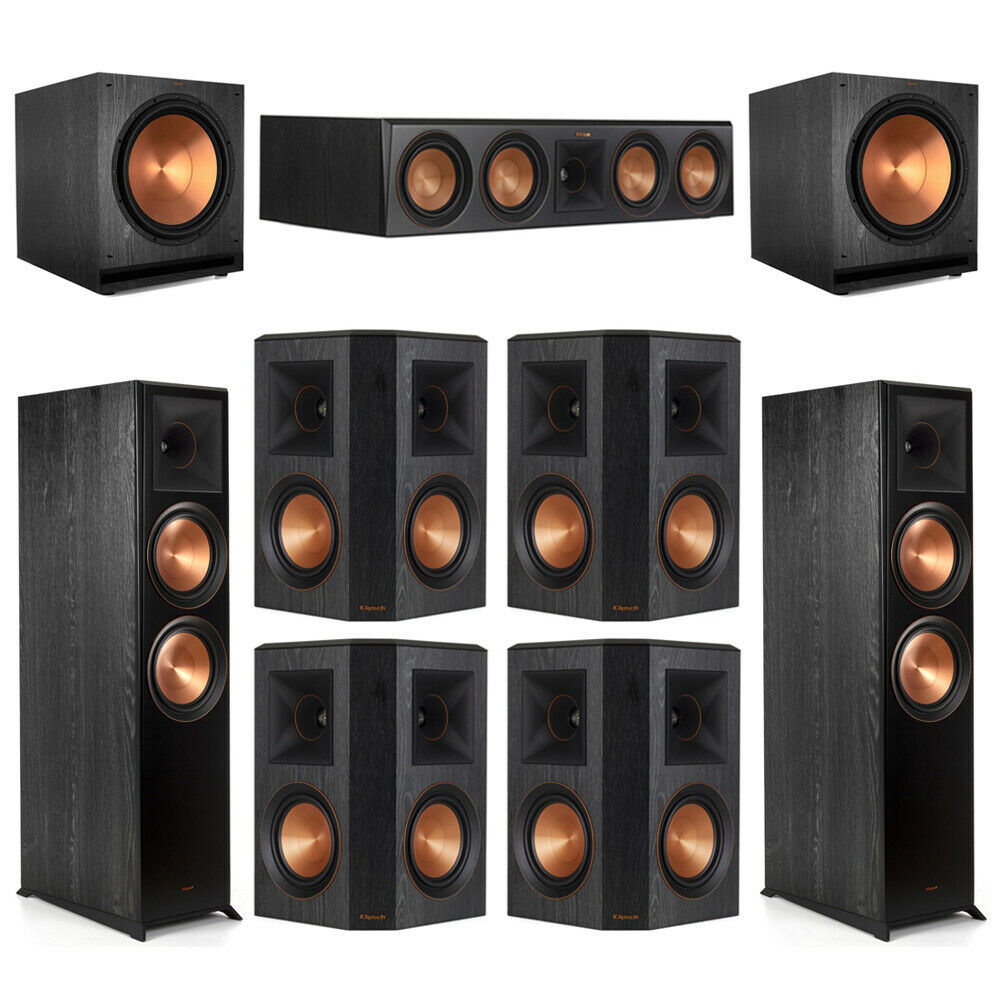
When it comes to trading in foreign exchange markets, the role of a forex broker can never be understated. This intermediary connects you to the vast world of currency trading, providing platforms, analysis tools, and often, educational resources. But not all brokers are created equal, and it’s crucial to understand what distinguishes a great forex broker from the rest. Here’s a closer look at what to consider when selecting a forex broker.
The Importance of Regulation
One of the first things to verify with a forex broker is their regulation status. Regulatory bodies ensure that brokers operate with transparency and integrity, offering a level of protection to traders. While each forex broker might be regulated by a different authority depending on their location and the regions they serve, the key is to understand the commitments and safeguards that regulation implies. Always look for a broker with a solid regulatory background as it signifies a commitment to best practices.
Trading Platforms and Tools
The trading platform is your gateway to the forex market. A good platform should be intuitive, reliable, and offer a range of features that fit your trading style. MetaTrader 4 (MT4) and MetaTrader 5 (MT5) are some of the most popular platforms for forex trading, known for their user-friendly interfaces and extensive toolsets. Additionally, brokers often provide their own proprietary platforms, each with their unique advantages.
Account Types and Leverage
Different traders have different needs, and a broker that offers a variety of account types can cater to a broader range of clients. Account types often vary based on initial deposit requirements, spreads, and the number of currency pairs available for trading. Leverage can also be an essential factor for many traders, despite the regulatory constraints. While it can amplify both gains and losses, flexible leverage options can be significant for seasoned traders.
Commission and Spreads
Forex brokers make money through commissions on trades and spreads, which is the difference between the bid and ask price of a currency pair. When choosing a broker, it’s important to assess their fee structure and how it fits into your trading strategy. Some brokers may offer commission-free accounts, but these might be compensated through wider spreads. Understanding these costs is critical to calculating potential profits and ensuring they aren’t eaten up by fees.
Execution and Technology
The speed at which trades are executed can be the difference between a winning and losing position, especially in a volatile market. A reliable broker will invest in the latest technology to ensure fast and seamless trade execution. Look for brokers with a robust infrastructure, including multiple server locations and solid-state drive (SSD) technology, which is known for its low latency and high performance.
Selecting a forex broker is one of the most critical decisions a trader makes. It’s a partnership that can define the trajectory of your trading career. By carefully considering the factors discussed above and conducting in-depth research, you can ensure that the forex broker you choose is a trustworthy ally that helps you achieve your trading goals.


